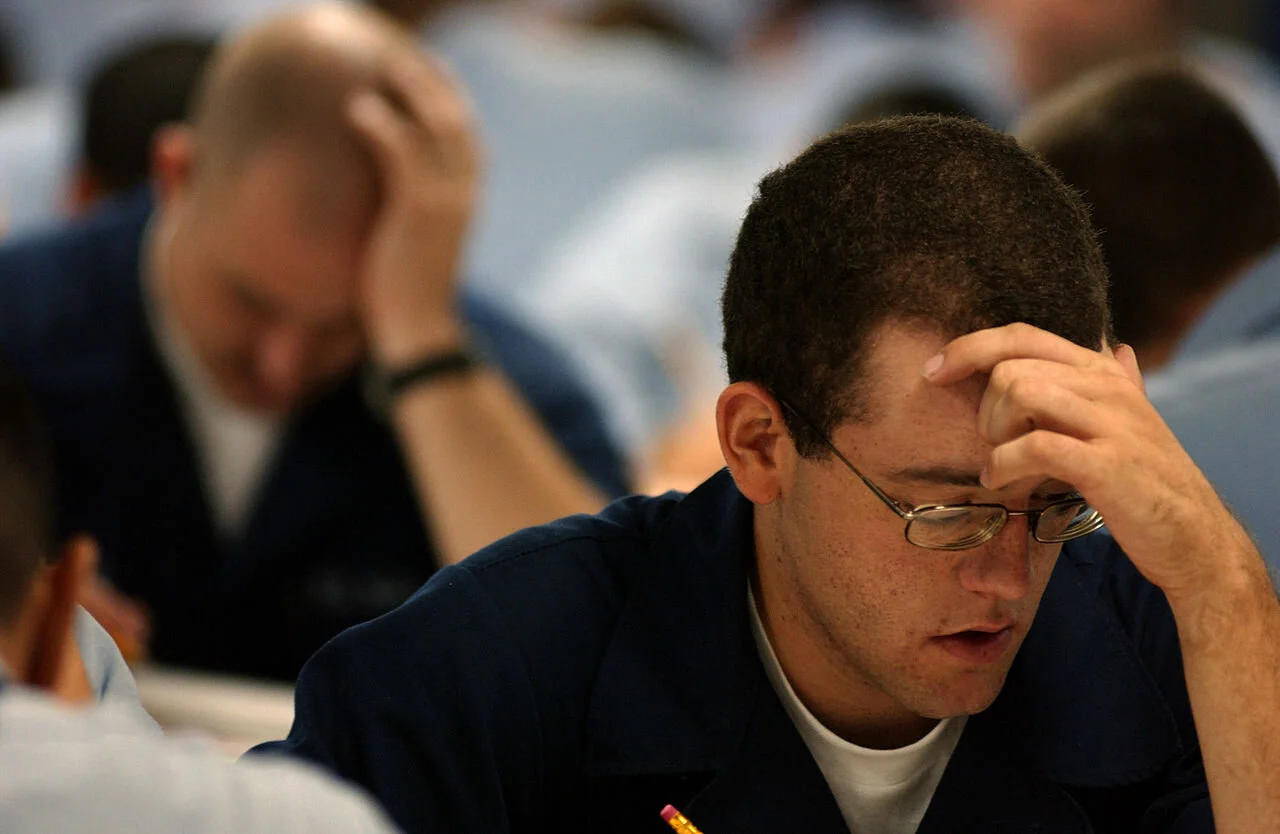Many students become overwhelmed when it comes time to create a list of prospective colleges. Most have never done anything like this before: How do you get started? What criteria do you need? Among the 2,400 potential schools, which are the best matches? The best starting point, ironically, is not with the colleges but with the student.
The College Interview: Tips and Ideas
How important is the college interview? The correct answer is, 'it depends.' There are over 2,400 four-year colleges and universities. Some put a great deal of weight on the interview; others, especially the most selective schools, rarely even conduct them, except through their alumni network. Of course, just when I'm ready to discount the importance of interviewing, a student, who was a true long shot at UCLA, gets admitted because of the strength of her interview.
Considering the IB Edge
Parents are constantly seeking an edge for getting their students into the most selective schools possible. Graduates of one program (though using its international spelling convention, it should be "programme"), gained such an edge in 2003. Their admissions prospects into Harvard improved by 2%; into Yale by 2%; into Stanford by over 4.5%; and into the UCs by over 26%. The programme I'm referring to is the International Baccalaureate Diploma Programme; it's quite a lengthy and impressive name. Yet, it's a program well respected by some of the heavyweights in the selective school universe:
Researching Colleges
One part of the admissions process that is often a bit neglected, is doing the research on potential college fits. Many students, and their parents, pull together a preliminary list of colleges based mainly upon college ratings, rankings, reputations, and opinions; that's human nature. But there is more to the research process than graduating near the top of your class and immediately applying to Harvard, Yale, Stanford, and then UCLA and UC Berkeley as your "safety schools". Today every applicant to a selective US college is facing stiff competition; most knowledgeable students and their families recognize this reality. Whether you believe it or not, even if you're the next Albert Einstein or Marie Curie, it's not a bad idea to research colleges of interest.
The Ever Growing Selectivity of USC
In 2007, USC admitted 25% of its applicants. For 2008, the number is 21%. Next year, there will be still more high school applicants, while the number of undergraduate spots available at USC will, yet again, decrease. This number is purposely being reduced by the USC administration to improve the quality of life, and the quality of the educational experience for its undergraduate community. This is an admirable effort but, for those seeking admission to USC, the bar just keeps going up. Furthermore, while USC admissions continues to become ever more selective, these numbers don't reflect that just under 600 seats each year are reserved for legacy students (alumni, donors, faculty relatives...) and then there are the athletic recruits-reducing the number a bit more. USC is becoming ever more selective with each passing year-and as an alumnus of UCLA this is painful to watch.






